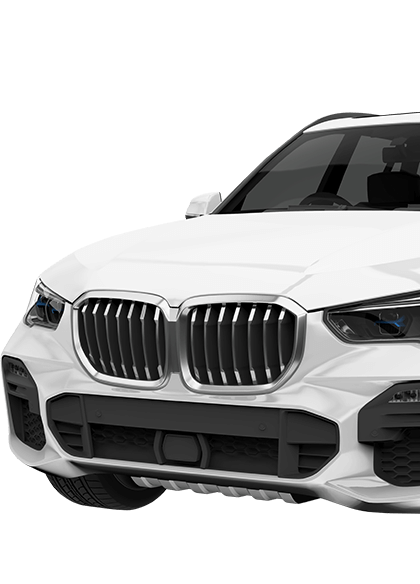What Does Auto Insurance Cover?
Your personal auto insurance is like a shield to protect you and your assets in case of loss, injury, or damage. Auto insurance consists of the following protections:
- Liability. This ensures that you’re protected in accidents where you’re at fault. It includes both bodily injury and property damage liability.
- Collision. This protects you in the event that your car is damaged by a crash.
- Comprehensive. This ensures that you’re protected if your vehicle is damaged by anything other than a collision.
In addition to standard coverage, personal auto insurance can also offer protection plans like:
- Medical Payments. This pays for medical expenses related to a car accident. Depending on the plan, it can also pay for lost wages and other accident-related expenses.
- Emergency Road Service. This offers roadside assistance, should your vehicle leave you stranded.
- Uninsured Motorist Protection. Driving without auto insurance is against the law, but that doesn’t mean everyone will have it. This protects you when you’re in an accident and the other driver is uninsured.

Understanding Auto Insurance
We know insurance terms can be confusing. Below is a list of terminology that can help you better understand what you need and what you’re paying for:
- Coverage: protection and benefits provided to you
- Limits: maximum amount of protection for a specific coverage
- Policy: contract between you and your insurance company
- Premium: price of your insurance policy
- Deductible: portion you pay out of pocket if you file a claim
Do I Need Auto Insurance?
Everyone needs auto insurance. 49 out of 50 states in the U.S. require auto insurance, and every state requires drivers to cover the costs of bodily injury and property damage if they’re uninsured. That’s why the best way to cover those costs (and prevent further legal action) is to carry a personal auto insurance plan.
Do I Need Both Commercial and Personal Auto Insurance?
Generally, you don’t need both. Most states require commercial auto insurance for business-owned vehicles. Personal auto insurance, on the other hand, typically does not cover business use of vehicles.
If you use the same vehicle for business and personal use, a commercial auto insurance plan typically offers enough coverage.
Classic Car Insurance
If you’re the owner of a classic car, you know it requires special treatment. Without ordinary coverage, your classic car may just appear as an older vehicle on your policy. This could leave you shorthanded when trying to replace it in the event of an accident.
Classic car insurance is geared towards the actual collectible value of your car, and a policy can be customized to fit your car’s value and the miles you drive each year.
To learn more about finding the right auto insurance for you, fill out the contact form and we’ll be in touch shortly.
